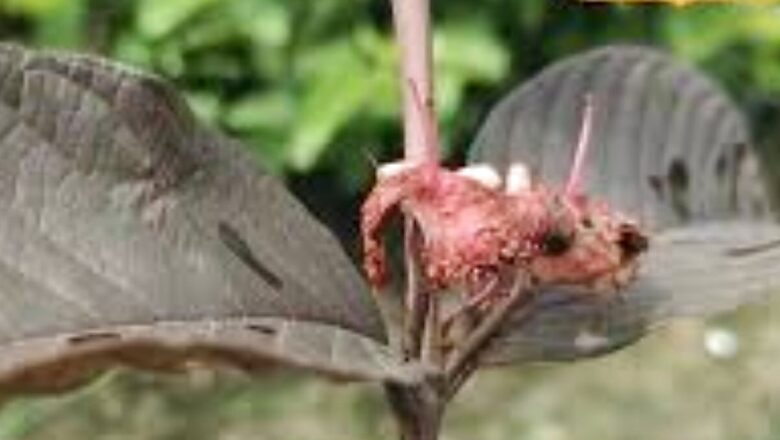
views
In many households, a guava tree is a common sight. Nutritionists often tout the benefits of guava, praising its effectiveness in restoring taste and offering numerous health benefits. However, a new trend is emerging as people’s attention shifts from the familiar green guava to the striking red Thailand guava. The demand for red Thailand guava seedlings has surged in nurseries, as people seek a different and more appealing taste.
Vikas Ghosh Mondal, the owner of a large nursery in West Bengal’s Paschim Bardhaman district, confirmed the growing popularity of the red Thailand guava. He noted that while various guava tree seedlings are available, the red Thailand guava is in the highest demand. Its vibrant red colour and high nutritional value make it a favourite among tree lovers. Unlike the common green guava, the entire red Thailand guava is a bright red hue, from the fruit to the roots. Even the leaves, flowers, and trunk have a distinct red tint.
These visually appealing trees are not just for show; they are also practical for home gardens. A red Thailand guava tree can be planted easily, and it starts bearing fruit within a year. The amount of fruit produced by one tree is usually enough to satisfy a family’s needs. The seedlings are reasonably priced, ranging from Rs 130 to Rs 140. Growing these trees does not require special care; they thrive just like any other guava tree with basic maintenance.
The rising demand for red Thailand guava trees has been notable over the past two to three years. Their striking appearance and nutritional value make them a popular choice for gardeners looking to add a splash of colour to their homes. Mondal highlights that this trend is not just a fleeting craze; the consistent demand suggests that red guavas are here to stay.
The red Thailand guava is rapidly becoming a staple in home gardens. Its bright red colour, ease of growth, and health benefits are winning over many tree enthusiasts. As more people become aware of its appeal, the red Thailand guava is likely to continue replacing the traditional green guava in homes across the region.




















Comments
0 comment